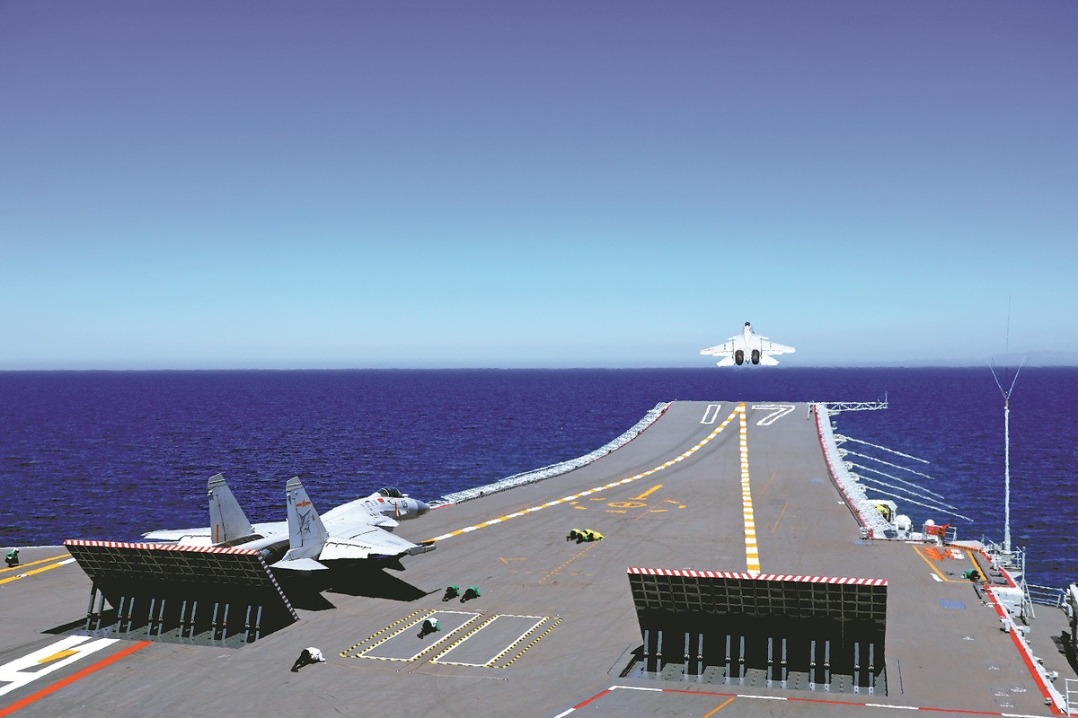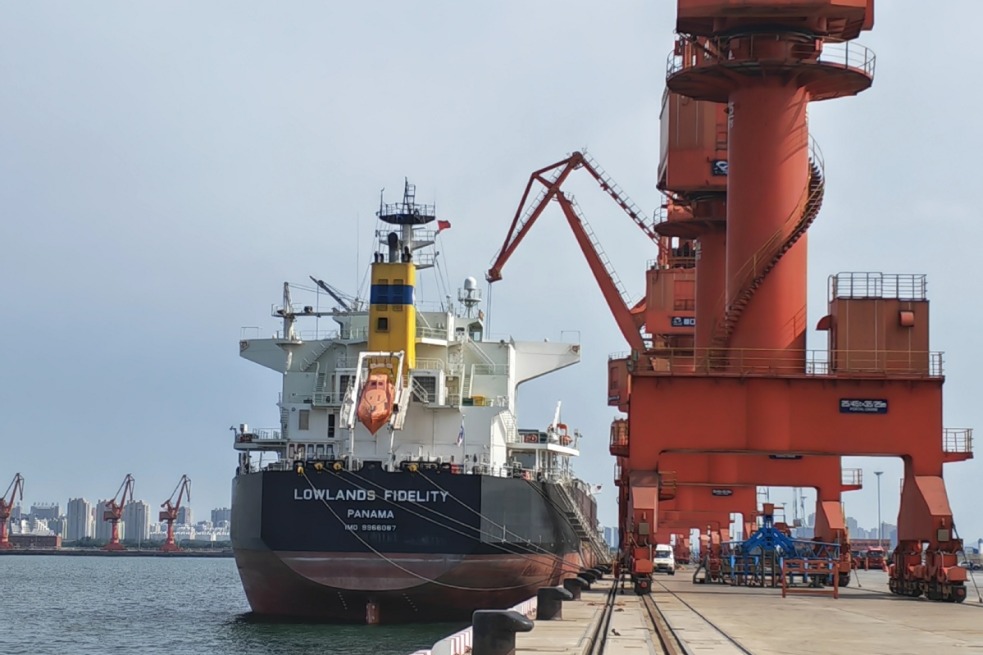Window of opportunity mustn't be wasted: China Daily editorial

That there are to be peace talks between Russia and Ukraine later this week in Turkiye, the first in seven weeks, is welcome news.
The two belligerents sitting down at the negotiating table is crucial to end the almost three and a half years of conflict, as there is unlikely to be a decisive victory for one side or the other on the battlefield for the time being.
Exactly when the talks will take place is unclear. Ukrainian President Volodymyr Zelensky said on Monday that the next round of peace talks will be held in Turkiye on Wednesday. However, Russia's TASS news agency quoted a source as saying that the third round of talks will take place on Thursday.
Regardless of when the talks take place, that both sides are willing to engage in direct peace talks is still significant as negotiations are the only way to resolve the conflict. More than three years since the fighting commenced, the death toll and suffering show no sign of abating. An end to the fighting and a lasting settlement would serve the interests of both countries and the rest of the world.
Given the complexity of the Ukraine crisis and the big divide between the two sides — Kremlin spokesman Dmitry Peskov said the two sides' positions were "diametrically opposed" — if the upcoming talks are to yield any positive results, both Moscow and Kyiv need to demonstrate flexibility.
So far, Ukraine and Russia have held two rounds of talks in Istanbul, on May 16 and June 2, which led to the exchange of thousands of prisoners of war and the remains of dead soldiers. The lack of progress in making a breakthrough toward a ceasefire has not only disappointed the entire world but also eroded the patience of the United States administration, which was previously optimistic about cracking open the stalemate in talks.
Greater international consensus and coordination are needed to consolidate the global commitment to resolving the Ukraine crisis through dialogue and negotiations. Yet, instead of shoring up such a consensus, some parties involved in the crisis are sowing seeds of division by staging a blame game unwarrantedly targeting third parties.
In the latest deepening of its sanctions regime against Russia, the European Union on Friday adopted its 18th package of sanctions, which included imposing sanctions on some Chinese entities, with the EU claiming they have links with Russia's military operation in Ukraine. Two Chinese financial institutions have been targeted too, with the EU claiming they "helped circumvent EU sanctions".
These sanctions have no basis in international law and are not authorized by the United Nations Security Council. The EU's ill-advised decision will have a negative impact on China-EU economic and trade relations and financial cooperation. A Chinese Foreign Ministry spokesman criticized the move, calling it "unacceptable".
Prior to this, the US administration also threatened to impose 100 percent tariffs on countries that do business with Russia if there is no peace deal to end the war in Ukraine within 50 days.
Such attempts to dictate alignment with a set position do a disservice to efforts to promote a fair settlement of the Ukraine crisis. The EU and US should engage in some deep soul-searching about the root cause of the Ukraine crisis and the reasons for the protracted conflict, rather than indiscriminately assigning blame to others for a crisis that is largely of their making.
It is known to all that NATO's relentless eastward expansion and Western orchestrated "color revolutions" on Russia's periphery have been primary causes of the Russia-Ukraine conflict.
The Ukraine crisis cannot be allowed to go on indefinitely. Relevant parties should discard selfish calculations and join hands with other members of the international community to push for a peaceful solution to the conflict while the window of opportunity remains open.



































